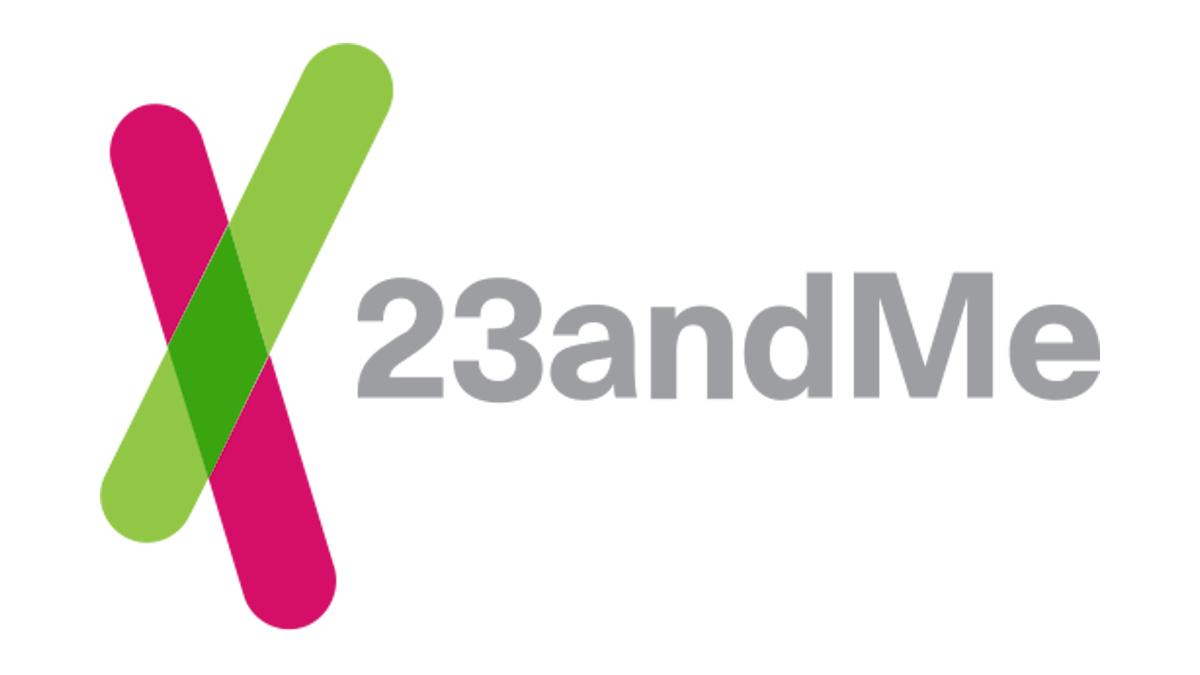23andMe ends drug development and slashes staff

23andMe's big push into drug development, announced with great fanfare almost a decade ago, has ended with a whimper and sweeping job losses.
The company that made its name by providing saliva-based genetic testing for health and ancestry to millions of people around the world made the decision as part of a major restructuring drive that will see 40% of its workforce lose their jobs.
The move into drug discovery was seen as an acknowledgement that the breakneck growth in the genetic testing market was unlikely to be sustainable in the long term, as by its very nature it is a one-shot product without repeat business.
Along with its internal drug development operations, 23andMe has also been developing a business based on partnerships with pharma companies, including GSK, to use its genetic data resources for R&D and also made a move into the online health sector when it acquired telehealth firm Lemonaid in 2021, recently announcing a weight-loss membership programme focused on GLP-1 drugs.
Despite those efforts, 23andMe's revenue growth has shifted into reverse in recent years – down 33% in the third quarter of 2024 to $44.7 million – in part because of the unpredictable timing of R&D collaboration payments.
The restructuring comes after a turbulent period at 23andMe, with a steep decline in its share price – down more than 70% this year – negative publicity surrounding a major data breach by hackers that exposed the details of millions of users, and ongoing efforts by co-founder and chief executive, Anne Wojcicki, to take the company back into private ownership.
The workforce reductions, which aim to slash annual costs by $35 million, involve around 200 employees and will result in an estimated $12 million in costs to the company.
"We are taking these difficult, but necessary, actions as we restructure 23andMe and focus on the long-term success of our core consumer business and research partnerships," said Wojcicki.
All of the therapeutic programmes are being halted – including anti-CD200R1 antibody 23ME-00610 in phase 1/2a testing for solid tumours and 23ME-01473, an anti-ULBP6 antibody for cancer in phase 1, along with preclinical stage candidates for immunology and inflammation indications.
In its statement on the restructuring plan, 23andMe said it will look at "licensing agreements, asset sales, or other transactions" for the assets, but wants to wind down its activities "as quickly as practical."
"We continue to believe in the promise shown by our clinical and preclinical stage pipeline and will continue to pursue strategic opportunities to continue their development," said Wojcicki.
Image by Mohamed Hassan from Pixabay












